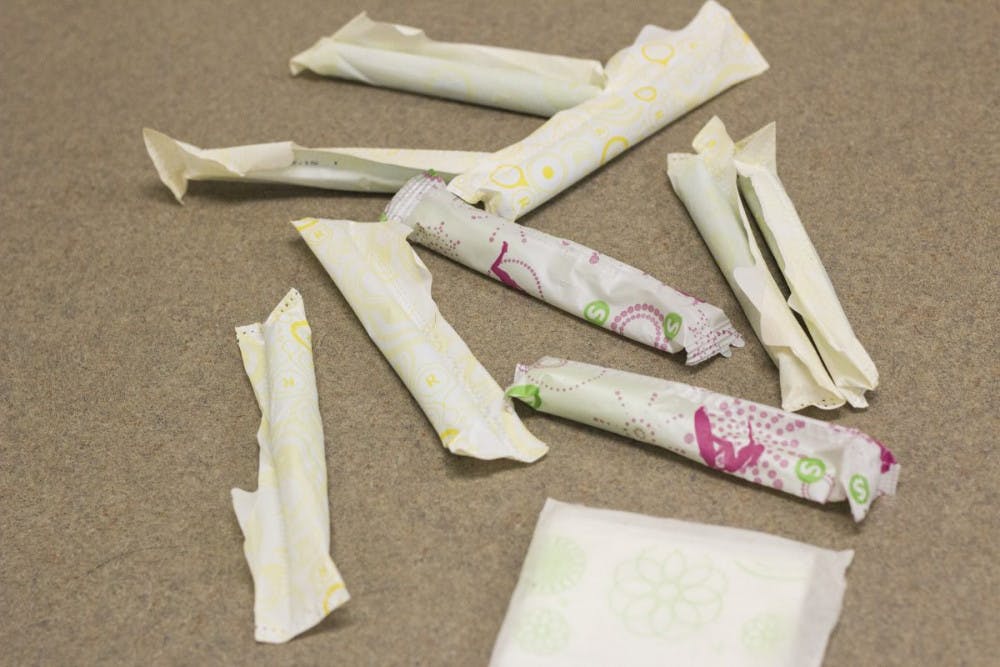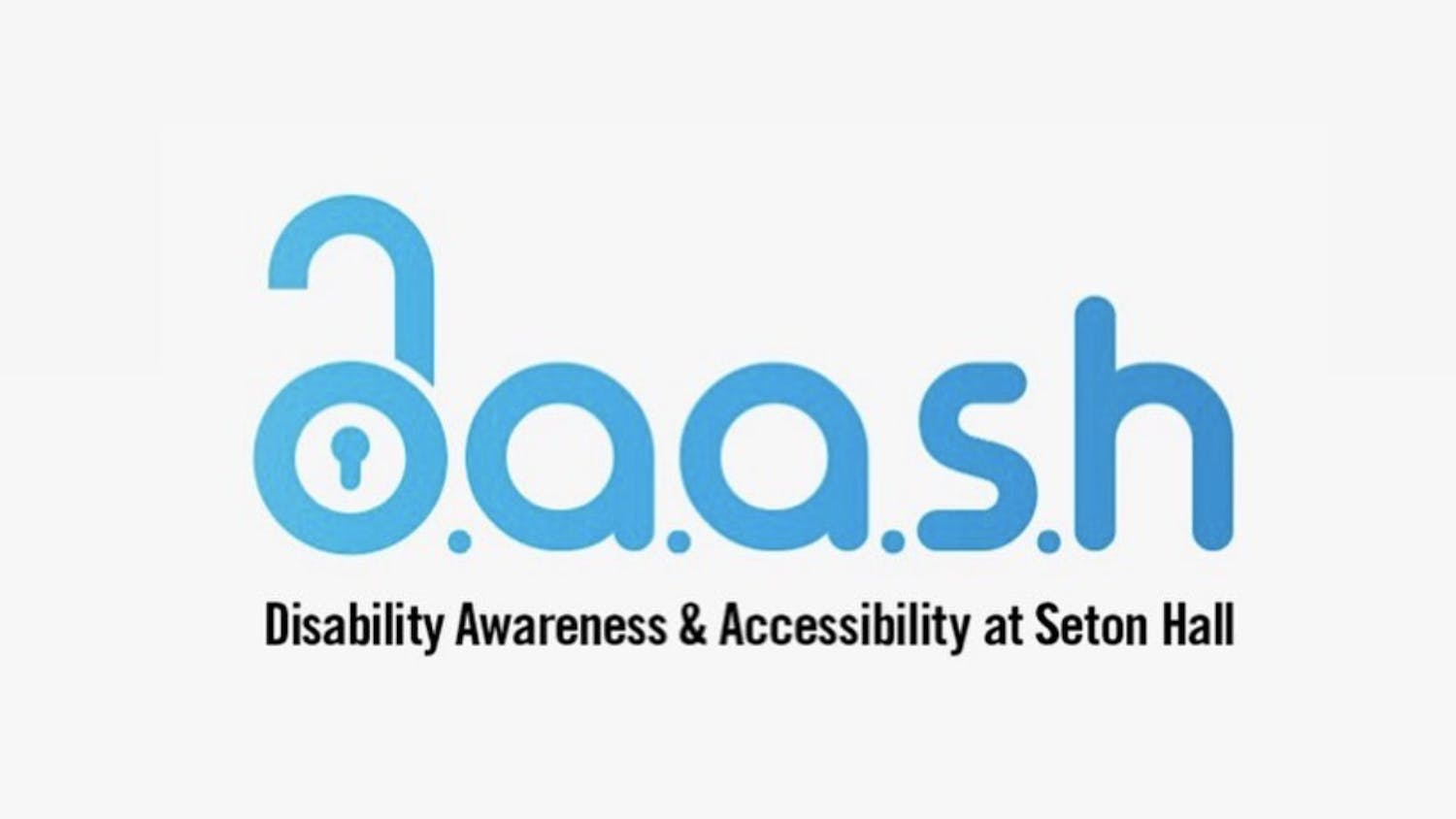Along with cramps, bloating and mood swings, women on Seton Hall’s campus may have to face another hurdle when it comes to enduring their periods – finding a pad. There are no working feminine hygiene product dispensers in any bathroom on Seton Hall’s campus.
Back in 2012, SHU made a decision to no longer provide the service of pad and tampon dispensaries in women’s bathrooms on campus. According to John Signorello, associate vice president of Facilities Engineering and Business Affairs, the decision was made by the administration (composed of both men and women).

Brought to students’ attention almost five years later, there is dissent.
Jocelyn Rogalo, a sophomore broadcasting and communication studies major, experienced the lack of dispensaries in what she described as an uncomfortable situation.
“I’ve never needed to use a dispensary before, but one day at Seton Hall I got my period earlier than expected and I wasn’t prepared,” Rogalo said. “So I grabbed my wallet and headed to the women’s room to use the dispenser, except there wasn’t one. I actually went to a couple different bathrooms in the building because I was sure there was a dispenser somewhere, but after a few tries I gave up and made a makeshift pad with toilet paper.”
Rogalo is not the only one with a story like this.
Catherine Rubens, a freshman psychology major, recalled a similar tale. “Sometimes, accidents and emergencies happen,” Rubens said in an email interview. “It isn’t something we’ve asked for or wanted, it is just our bodies’ natural function.”
Signorello said via email that the decision to remove the dispensers was given serious thought. According to Signorello, the administration polled Fairleigh Dickinson University - Madison, Monmouth University and NJIT and found that none of these schools provide dispensers in bathrooms. Signorello stated that they have also received information from the housekeeping company which services SHU that none of their education customers provide this service.

Other universities outside of the school’s poll do offer this service. An editorial this past fall in Rutgers University’s student publication, The Daily Targum, complained that pads and tampons aren’t free on their campus. However, the students do have access to dispensers in their bathrooms for a minimal fee.
The machines were being vandalized for both the money and the products inside of them, according to Signorello. This, combined with the information from the poll, led to all dispensers on campus being removed or made inactive, he added.
This information does not change the opinion of Taylor Lassen, a junior communication studies major. “I’m sure there are dispensers available that limit the option of theft. Public restrooms everywhere use this system and there never seems to be a problem.”
Even male students on campus chimed in. Phillip Clark, a junior finance and information technology management major, said via email, “As a son and brother, I find it very important to have female hygiene products very available to the student population so that, in a pinch, women are able to get the products they need.”
Dr. Tracy Gottlieb, vice president of Student Services, said via email she doesn’t believe it was a deliberate strategy to remove the dispensers, but rather a realization that they were not being used anymore. “Frankly, I don’t think this is any message to women at all.” She added that if there is a real need to have these products in bathrooms then she suggests women reach out to Vice President for Administration, Dennis Garbini, to explain the need.
Out of all the bathrooms on campus, only those in Jubilee Hall and Stafford Hall, two of the newest buildings on campus, still have dispensers. They are all empty. When asked, Signorello said the last standing dispensers would be removed from the women’s restrooms.
“Being that the campus is majority female, it only makes sense to have these dispensers,” Lassen said. “There have been emergent times where I needed a pad or tampon while in class or in the library, and my only option is to ask around.”
Siobhan McGirl can be reached at siobhan.mcgirl@student.shu.edu.





